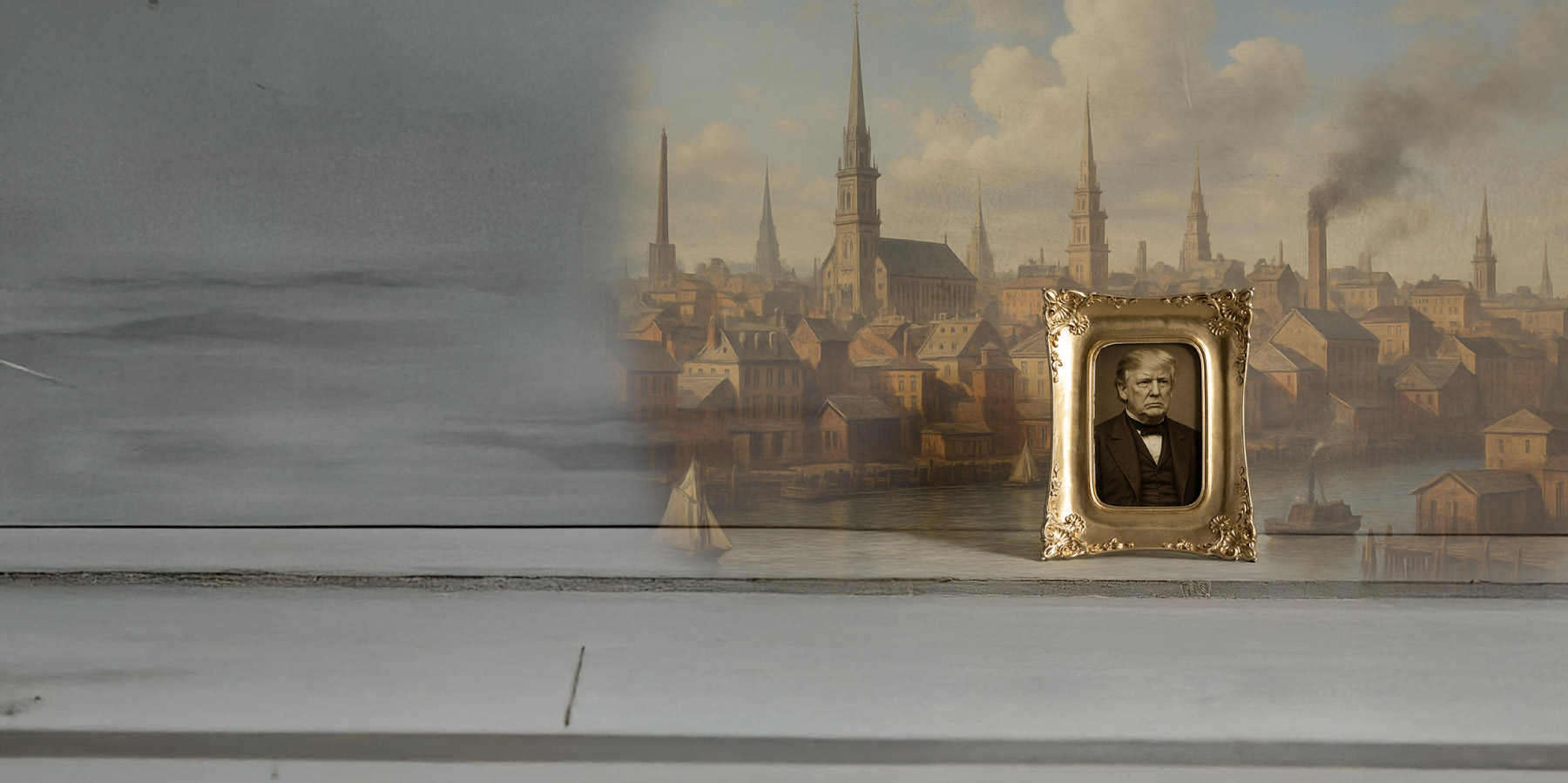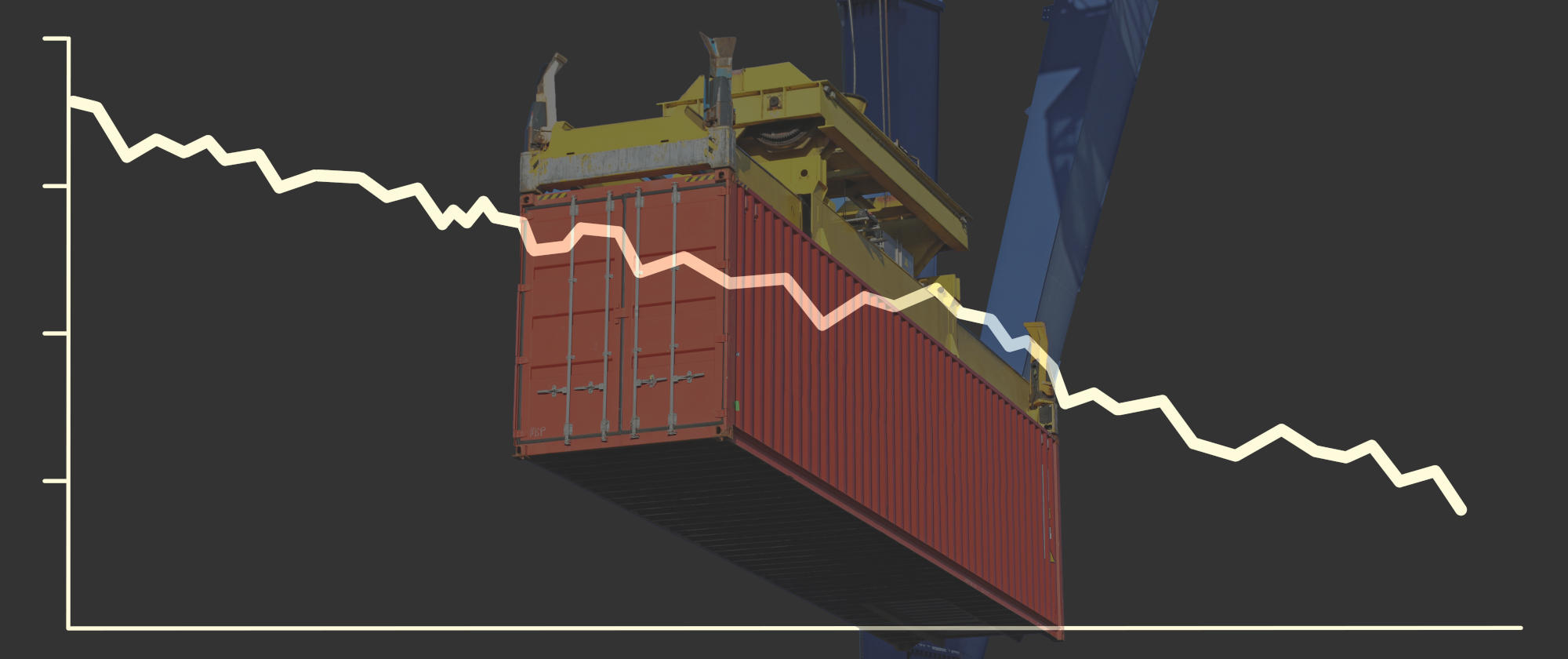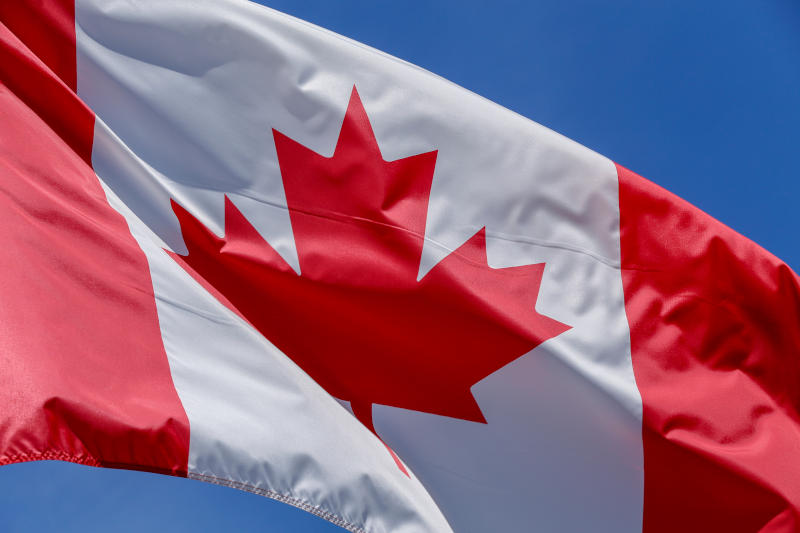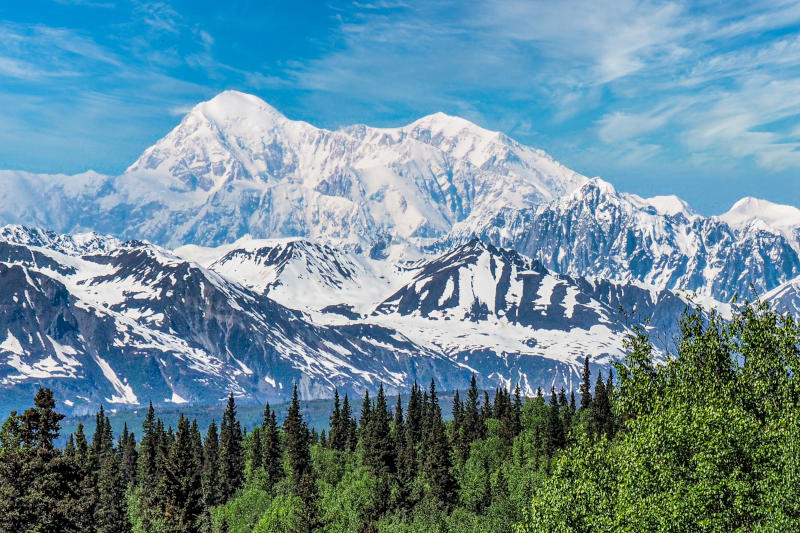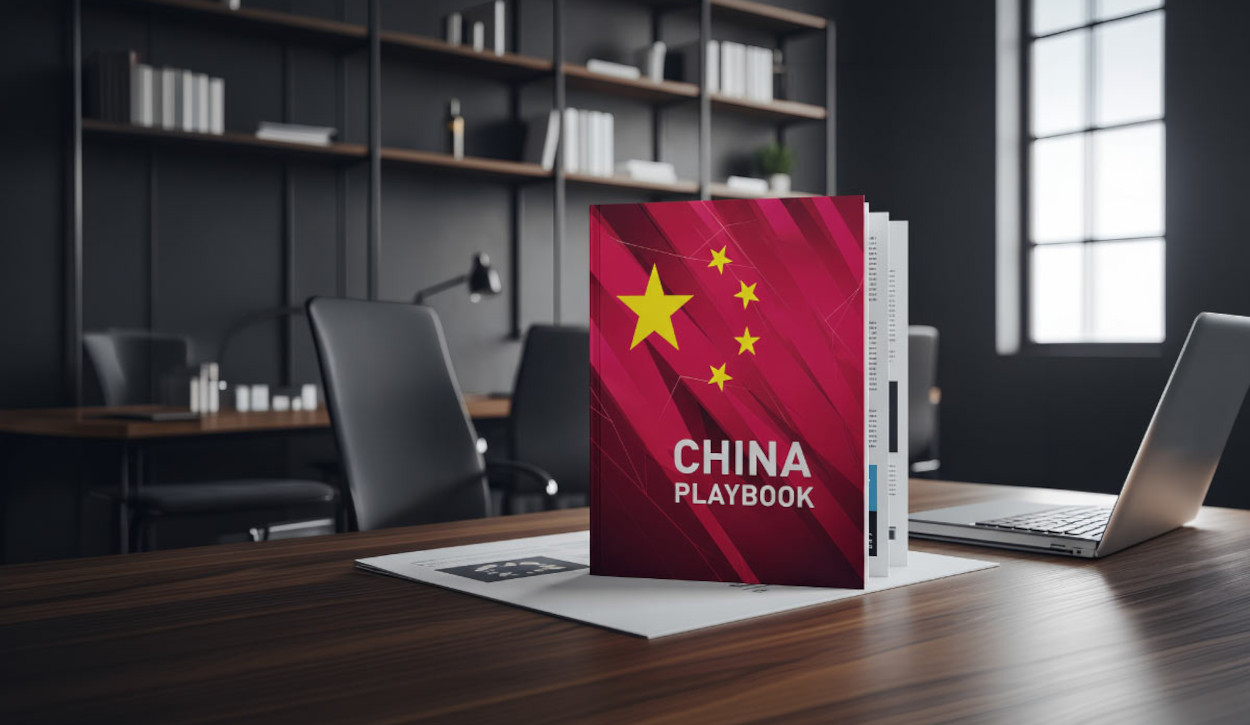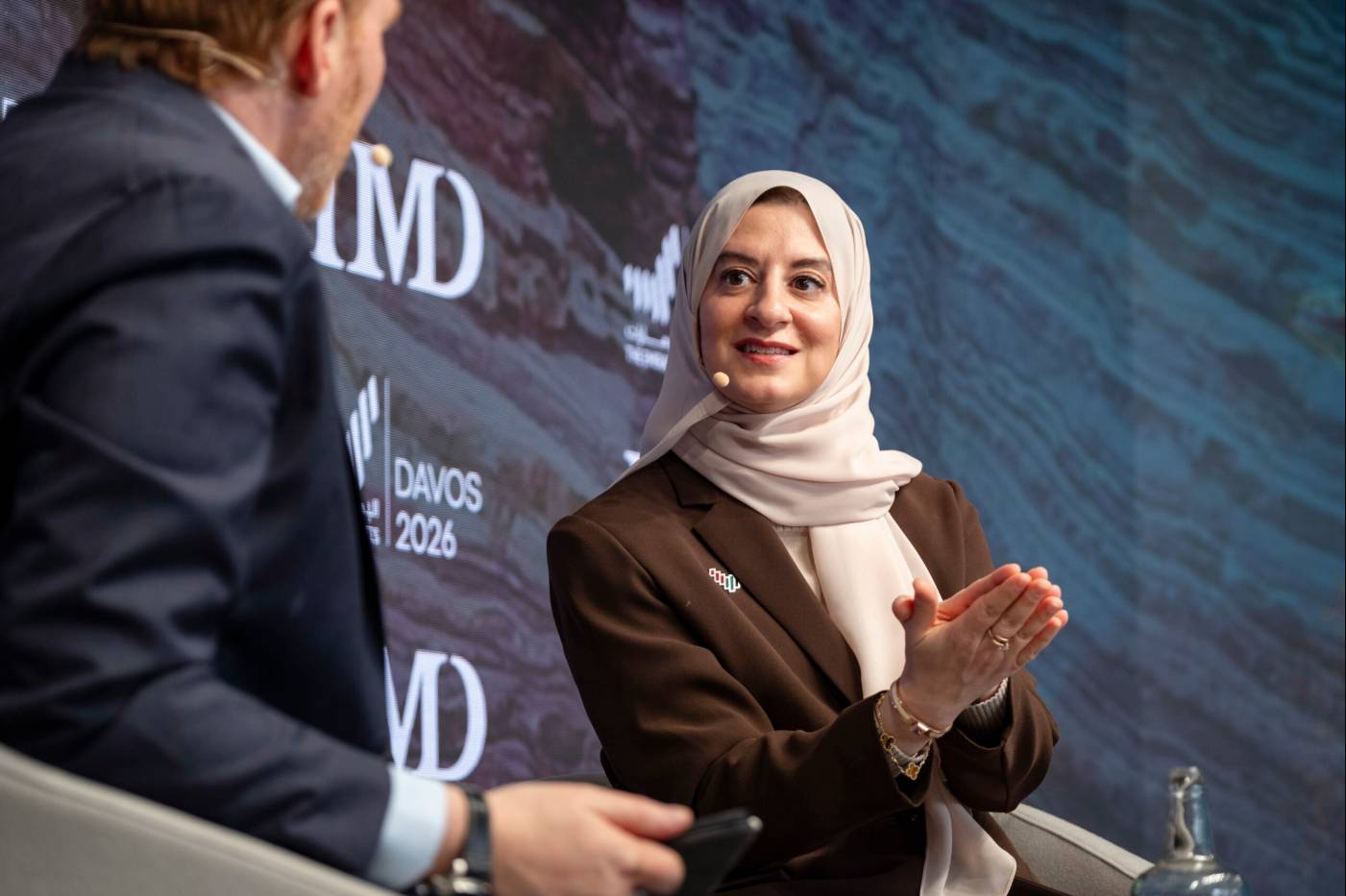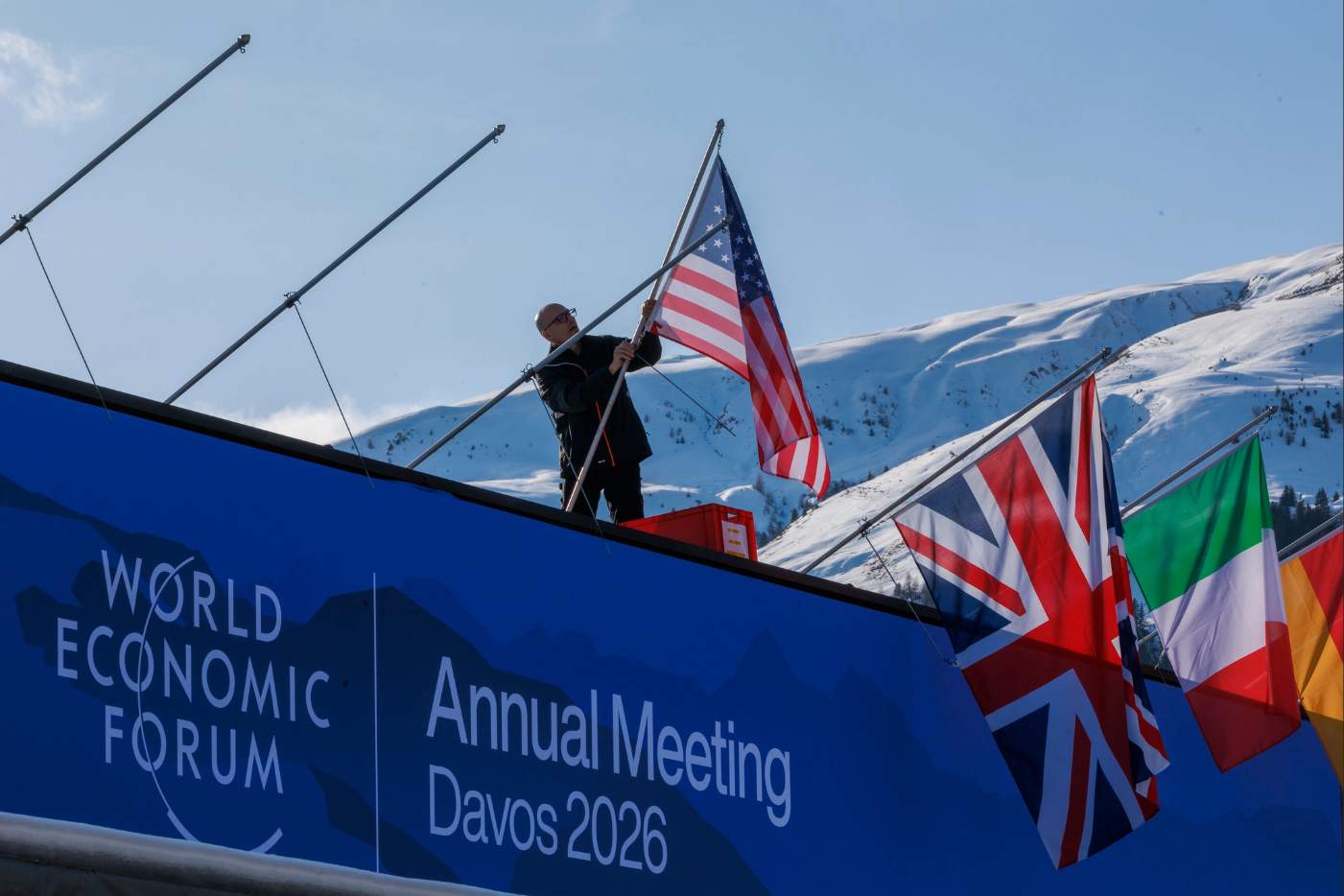Trump isn’t channeling Eisenhower – he’s echoing McKinley
William McKinley served as president from 1897 until his assassination in 1901. He governed during a transformative time when America first began flexing its muscles on the world stage. Two themes defined his presidency: protectionism and imperialism.
Electorally, much like President Trump, McKinley “championed blue-collar voters while drawing support from captains of industry.” And much like President Trump, he was a lifelong protectionist. As a young member of the House of Representatives, McKinley was “called the ‘Napoleon of Protection’ for his staunch defense of high tariffs.” Heralding from Ohio, McKinley, a Republican, was convinced that nascent American industry had to be protected from foreign competition and that “high tariffs were necessary to produce a prosperous modern industrial economy.” Throughout his career, this pitted him against the generally free-trade Southern Democrats. Karl Rove, who wrote a book about McKinley, called the Ohioan “the party’s most consequential protectionist advocate.” When he ran for governor of his home state, his slogan was simple enough: “McKinley and Protection.”
Compare this to President Trump, who broke with Republican orthodoxy when, during his first campaign, he zeroed in on trade as the source of America’s ills. Egged on by anti-globalist confidantes such as Steve Bannon, Trump withdrew the US from the Transpacific Partnership, which had been painstakingly negotiated by his predecessor to reduce China’s influence and was determined to leave NAFTA as well.
“I was all set to terminate [NAFTA],” he told journalists in April 2017, until a second group of advisers comprising establishment Republicans such as Reince Priebus, and Rex Tillerson. Wilbur Ross, and Gary Cohn, talked him out of it.
In his second term, now without a group of globalists around him, Trump’s passion for protectionism has been on full display. His decision to massively raise US tariffs has caused mayhem in financial markets and appears to be turning the global economic order upside down.
Much like President Trump, McKinley believed that “economic issues were part of a broader fight over what kind of country the United States would be.” Tariffs, he argued, would not only make the US an industrial powerhouse. They would also raise the kinds of revenues that a modern state requires. America did not have a federal income tax at the time – one wouldn’t be created until 1913 – and the tariff level was closely linked to the federal budget. Fast-forward 130 years and President Trump is making the case that an ‘External Revenue Service’ will soon be collecting “billions and billions in tariffs,” enabling drastic reductions in income taxes.
Economists have been scratching their heads as President Trump, against all evidence, has steadfastly insisted that foreign producers, not domestic consumers, bear the costs of tariffs. Perhaps McKinley was the inspiration – his 1896 campaign intoned: “Who pays the tariff? The foreign producer pays it.”
Similarly, economists took strong issue with the idea of “Reciprocal Tariffs” that Trump announced on April 2, a day he christened “Liberation Day.” Enter again McKinley, who declared in a 1901 Address to Congress: “Reciprocity must be treated as the handmaiden of protection.”
McKinley’s faith in tariffs was almost religious. “Protection is not a theory,” he said during his 1896 campaign. “It is a condition – the condition of national success.” Not to be outdone, Trump, his successor, called tariff “the most beautiful word in the dictionary.”
The parallels are unmistakable: both men saw protectionism not as a bargaining chip, but as the bedrock of American strength. Tariffs are framed not merely as economic policy, but as a national strategy. While Trump hit the 90-day pause button for reciprocal tariffs on all but China, this shift is tactical, not ideological. Tariffs remain his default stance – any flexibility is transactional, reinforcing rather than weakening his McKinley-style worldview.

